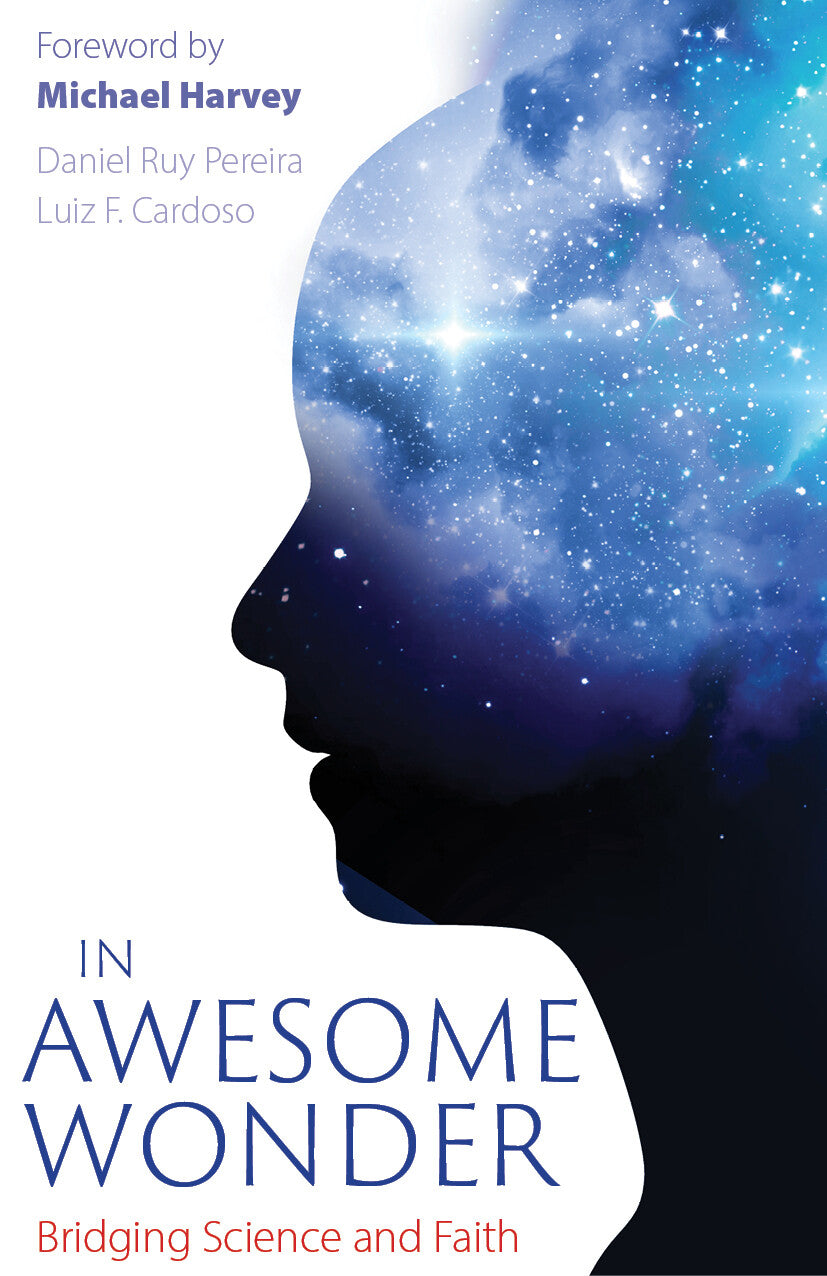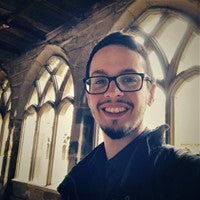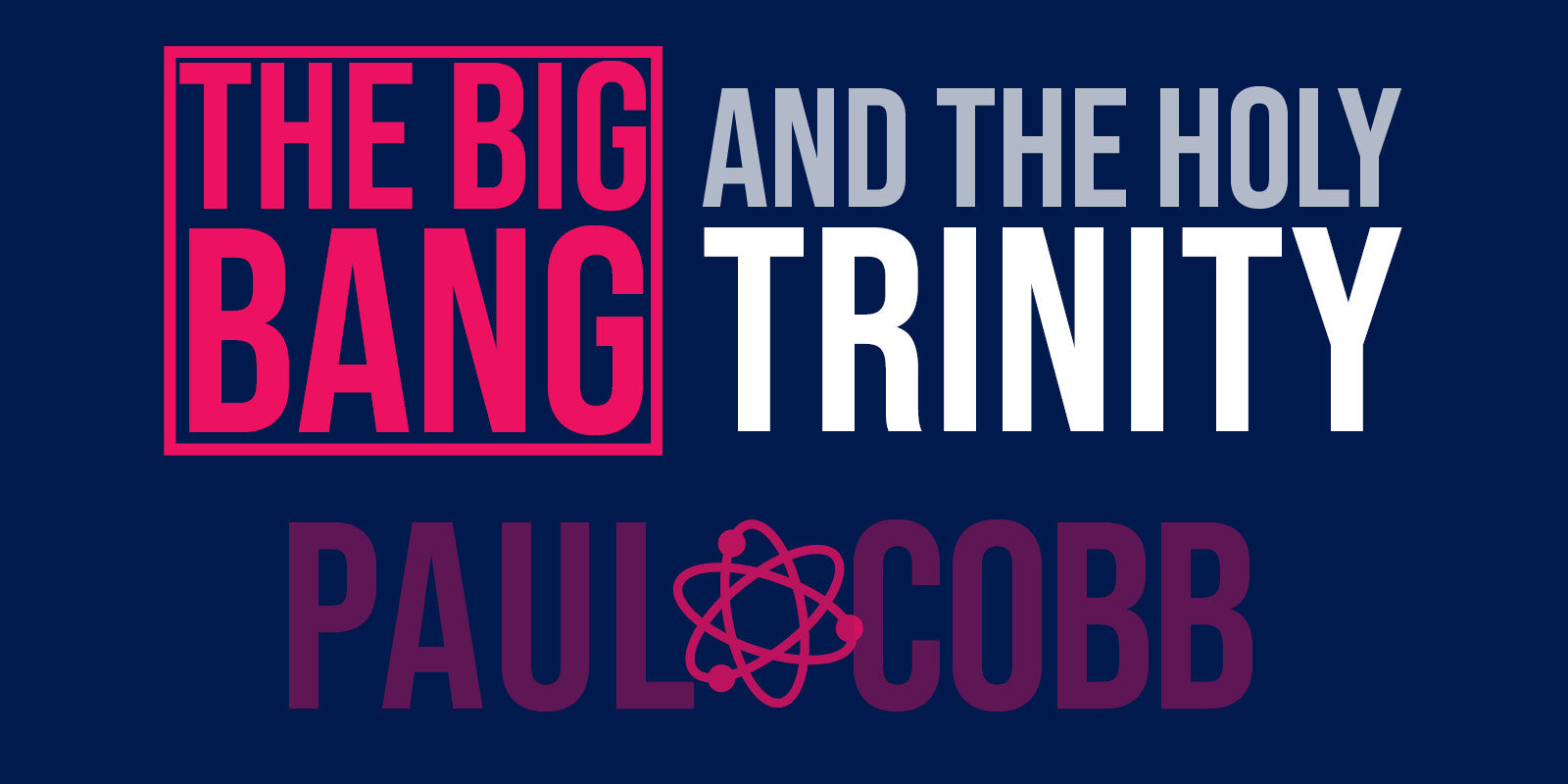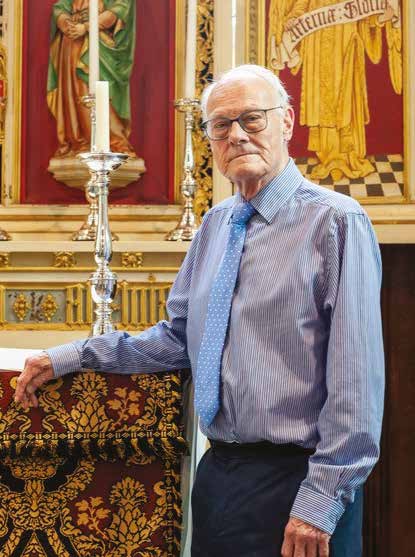GUEST BLOG: Against the backdrop of the Covid 19 pandemic, Daniel Ruy Pereira reflects on the interplay between science and faith and where we can seek comfort in times of fear and anxiety.
The restless days of October 2020. Coffee in the morning. BBC News on every minute. I went to school to "teach" science to pupils, in a social-distant, no books, few interactions way. After my daughter Sophia's bedtime story, I would work on proofreading the book I’d written with my friend Luiz, In Awesome Wonder: Bridging Science and Faith. Covid fear was palpable everywhere, but I went about my routines ignoring it, or rather, locking it away in the nooks and crannies of my brain. Daily.
Then my friend and co-author Luiz and his wife Dani got covid. I’d written the chapter on Covid in our science and faith book but, as Covid hit closer to home, I found myself afraid. Every day, slightly more. To the point that I disconnected to avoid being overwhelmed by an outpouring of fear.
I was following all the health advice to the letter—mask always in my pocket, hand sanitising to the point my skin cracked. The odds of me getting Covid were pretty low.
But then, I got it. And my whole household. Perhaps it was an asymptomatic colleague. Perhaps a brain glitch happened and handwashing was less than 20 seconds. A pupil might have touched the door handle. Who knows? And did it matter how? I had gotten it.
On the day I got the dreaded NHS text message saying I was positive, my brother called me: "Careful, Daniel. I know you feel okay, but my father-in-law started like this. Then he went to the hospital and almost died!" Thanks, brother. Extremely helpful indeed! At the same time, Luiz was getting worse, and my preventive asthma inhaler was running out. I became terrified—mental health in shambles. However, I continued working on the book in the evenings, between coughs, headaches, and tasteless coffee. It was good to get my head away from the disease. One day, I read this piece I had written earlier.
Science explains fear and even treats it. But it does not eliminate its source. It does not reframe fear into a new way of seeing the world. However, the faith in Jesus does precisely that… (p.107)
The quote is part of a commentary on the unnamed woman in Mark 5, who was ill, bleeding non-stop for 12 years. The equivalent scientists of her day could not do much for her, and she lived in fear. As a biology teacher, I could explain my anxiety as a natural phenomenon—just some hormones pouring down from some gland. But that was not good enough to heal my mind and heart. The knowledge could not stop the shivering.
Covid hit me like a storm, not physically but mentally and spiritually. All my knowledge of immunology and my prepared lessons on infectious diseases did not comfort me at all. If anything those numbers, graphs, and data hit me even harder.
Routines! I needed to carry on as usual in so far as I could. Sophia, my 4-year-old, needed hers as well. She needed to go to sleep and the little one likes a bedtime song. But how could I calm her down when I was so anxious and not even my daily, evidence-rich meditation practice was working for me?
When I was Sophia's age, my mum would sing me a hymn. "Master, the tempest is raging", by Mary Ann Baker. I recollected the storm pouring down outside, in the Brazilian summer days, and her voice singing it. "Peace, be still. Peace, be still." I knew that was the song I needed to sing.
When Sophia was finally out the song remained with me, with its conjunct and disjunct melody, mimicking the raging waves. It directed me to that passage when Jesus walked on the sea amid the storm towards his terrified disciples and friends. Peter doubts it is the Lord and wants some evidence: he wants to stroll on the sea too. Jesus says: "Yeah, come over". Peter does, and all is well and good until he notices the sea, the dark clouds, the butterflies in his stomach, the nature of the water tension, the punches of the wind. Peter sees all that and loses sight of Jesus. Then, he sinks.
I realised we do not have to choose Thomas as the sceptic apostle. I am pretty sure every one of the Twelve was doubtful. At some point, they wanted some evidence: Nathaniel, Bartholomeus, the beloved John, and Peter, many, many times, including this one.
Like us, right?
But recall that, as soon as Peter starts sinking and his weight overcomes the water thrust, Jesus steps in and holds his hand at lightning speed. "Why did you doubt, you of little faith?".
My friends Luiz and Dani were battling a horrible cough that kept them in bed. In our house, my body ached, exhausted, while on the other side of the sofa my wife Angelica coughed. As the slow isolation period ticked by, my mind was in turmoil. This could be it for me, for us.
The fear of dying came hard as a gale, and I sank into a dark place. I took my eyes away from Jesus. I was reading piles of grim news reports on covid and its treatment, eager to find some comfort. But all the numbers only denied me peace. If only I could find something, a thread I could touch, that would heal me! The woman in the Gospel story found that thread in Jesus' robes, not in the sewing of evidence. Peter found help in the hands of Christ, not in the knowledge of buoyancy. They were experiencing that, even when fear is overwhelming, we can, as Helen Howarth Lemmel said:
Turn our eyes upon Jesus
Look full in His wonderful face
And the things of earth will grow strangely dim
In the light of his glory and grace.
I finally took Jesus' hands, found peace, and started reading much more of Matthew’s Gospel and much less of BBC News. And that was the comfort I needed. Now, instead of the cacophony of news and reports only, sometimes I close my eyes and remember the song.
Peace, be still. Peace, be still.
Daniel Ruy Pereira (B.Sc. Life Sciences) is a Christian science teacher in Oldham and the author of the poetry collection Sunset and Blizzard: Experiencing Lent (Resource Publications, 2018). Co-director of Science for the series “In Awesome Wonder” (Connect Methodist Church, Stockport, 2019), sponsored by the Templeton World Charity Foundation and Scientists in Congregations initiative, from St John’s College, Durham.
His book In Awesome Wonder: Bridging Science and Faith was published by Sacristy Press in June 2021. Get you copy here.











